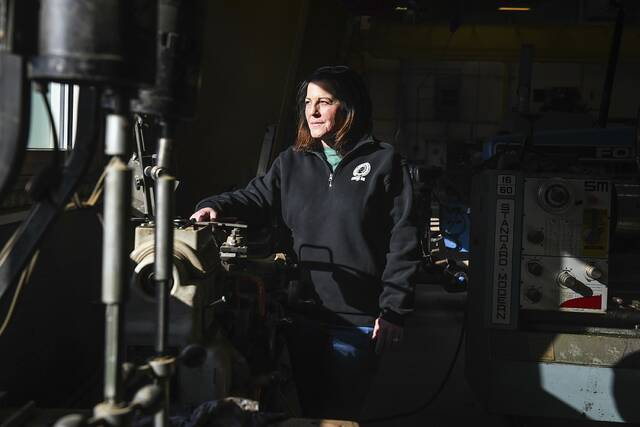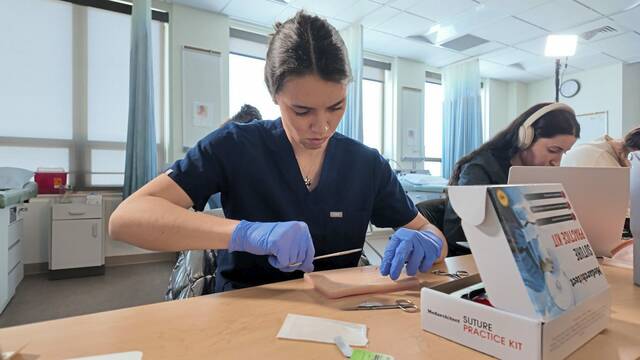The SAT, accepted by almost all of the nearly 4,000 colleges and universities in the U.S., may have some growing competition.
The Classic Learning Test (CLT) has proved quite the competitor against other admissions exams, including the SAT and ACT.
Since its release in 2015, the CLT has reached more than 300 partner institutions across the country. As of last week, Duquesne University is included in that list.
Joel Bauman, Duquesne’s senior vice president of enrollment, said the university hopes to make its education more accessible by accepting the CLT as part of its admissions process.
“We assess our admissions practices annually,” he said.
Bauman said Duquesne prioritizes a “holistic review process.” The approach includes a faculty admissions committee that allows Duquesne educators to learn firsthand how to effectively advise students throughout both the admissions process and post-admission.
Through the process, he said, the admissions team learned that home-schooled and Catholic school students might benefit more from the CLT, which centers its content around teaching the classics.
Unlike the SAT and ACT, which focus on testing by a standard core curriculum, questions on the CLT are inspired by the teachings of people including Plato, Jane Austen and Frederick Douglass, he said.
The exam asks questions rooted more in philosophy and theology than strictly logic, according to the CLT website.
The CLT consists of three sections: Verbal Reasoning, which tests reading comprehension through both literary and scientific passages; Grammar/Writing; and Quantitative Reasoning, which heavily includes geometry and trigonometry.
The exam is the shortest among college entrance tests, taking two hours, excluding breaks, compared to the SAT’s two hours and 14 minutes, and the ACT’s two hours and 55 minutes.
The test is then graded on a point scale of zero to 120 by Classic Learning Initiatives, the company that creates and administers the CLT.
The test was founded by former high school English teacher Jeremy Tate to “reconnect knowledge and virtue by providing meaningful assessments and connections to seekers of truth, goodness, and beauty,” according to the CLT website.
Eleventh and 12th grade students can take the exam through their high school, if it is a proctor of the CLT, or by using the exam’s remote proctoring option to take the test from home on a scheduled exam date.
Bauman said accepting the CLT is part of Duquesne University’s “test flexible” admissions strategy, which encourages prospective students to submit whichever test score they feel best represents their academic abilities.
Lee Wishing, Grove City College’s vice president of student recruitment and chief marketing officer, said his institution was one of the first to implement the CLT.
“There’s a change in K-12 education going on,” he said.
Wishing described the educational trend as “a growing classical Christian movement,” which is gaining popularity among students who are home-schooled and those who attend Christian day schools.
The CLT, Wishing said, encourages more students with those backgrounds to apply to Grove City.
Other Pennsylvania schools accepting the CLT include Saint Vincent College in Unity, Geneva College in Beaver County, the University of Valley Forge in Chester County and Lancaster Bible College in Lancaster County. A full list of partner schools can be found on the CLT website.
Differing from its competitors, there is no charge to send CLT test scores to prospective colleges or universities.
While smaller private institutions are moving in the CLT direction, public state schools have yet to follow suit.
Michelle Fryling, Indiana University of Pennsylvania’s executive director of media relations and communications, said the school has no intention of implementing the CLT.








